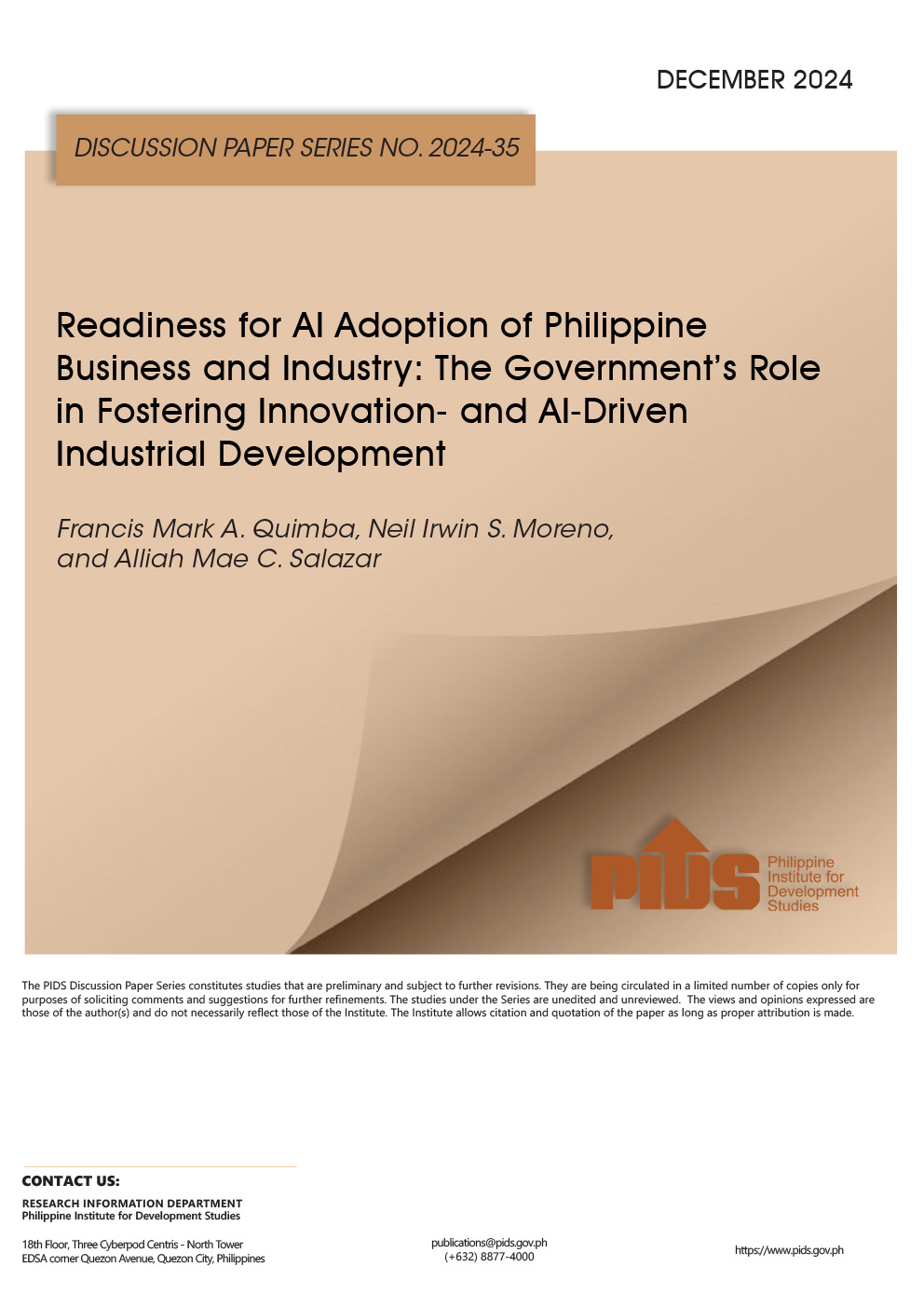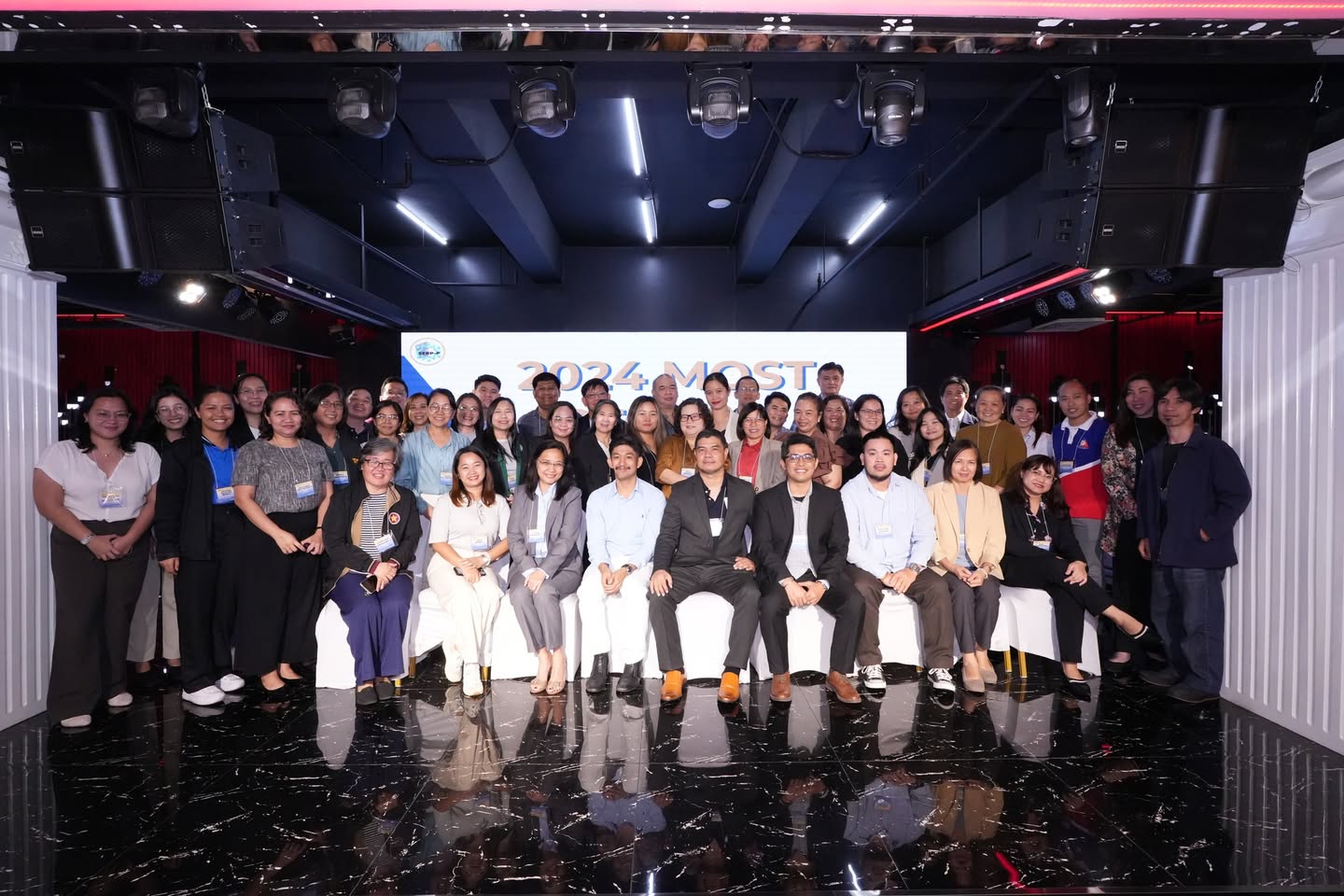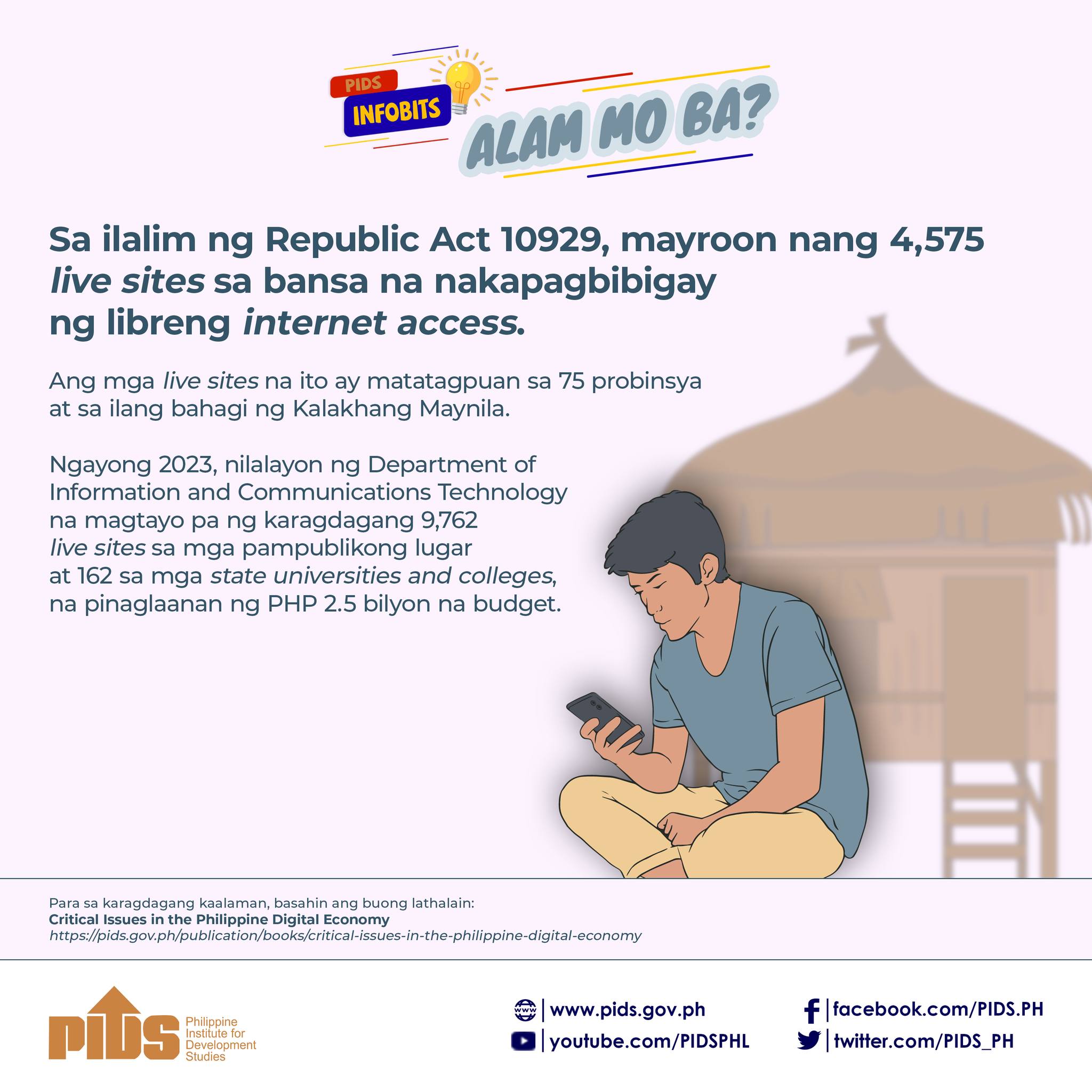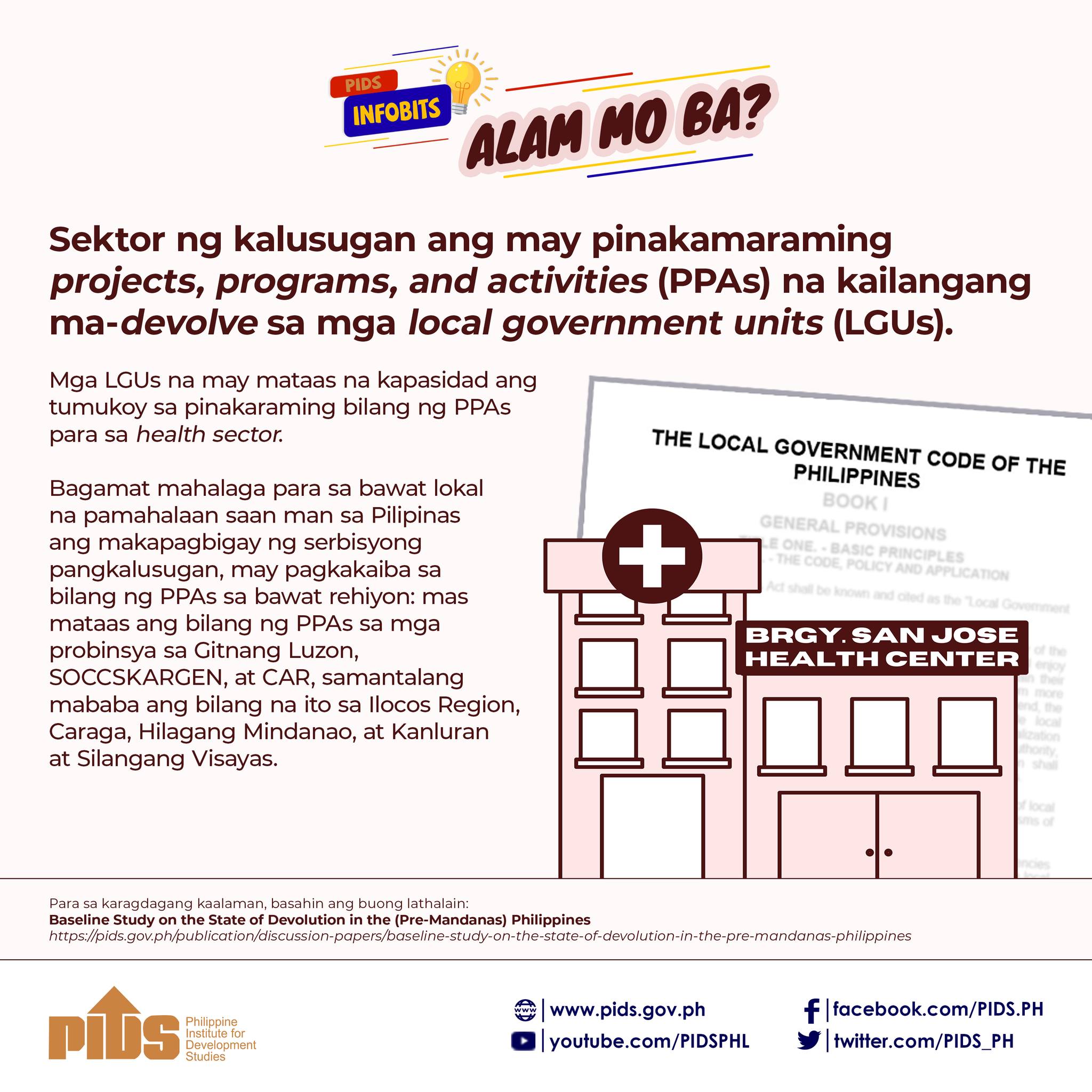To democratize the benefits of digitalization and further boost the Marcos administration’s Broadband ng Masa Program (BBMP), an international think tank urged the government Tuesday to make internet connectivity more affordable to promote economic inclusivity.
“This is a serious obstacle that must be hurdled,” said Stratbase president Victor Manhit. “Prohibitive connectivity costs cut off a large part of the population from the benefits of digitalization, because such costs now have to compete with other basic goods that must be obtained in order to live. This will ultimately negate other key factors such as infrastructure and consumer readiness.”
The Philippines is third lowest in terms of affordability of mobile data, scoring 47.01 out of 100, according to the 2022 Global System for Mobile Communications Mobile association Connectivity Index.
“This echoes a study by the Philippine Institute for Development Studies, which warned that lower access to the internet especially in the rural regions leaves many people disconnected from the online world’s opportunities,” he added.
On a positive note, Manhit said the Department of Budget and Management (DBM) has approved the release of allocations for the government’s digitalization program.
The DBM said that over P 2.4 billion will be earmarked for free internet Wi-Fi connectivity in public places. The remaining P50 million, on the other hand, goes to connectivity concerns for State Universities and Colleges (SUC). The Free Public Internet Access Program (FPIAP) aims to provide zero-cost internet access in public spaces nationwide. Under the FPIAP is the construction of Information Communication Technology (ICT) facilities like high-capacity networks, Middle Mile, and Last Mile ICT.
Public areas include convergence points such as national and government offices, public basic education institutions, SUCs, Technical Education and Skills Development Authority (TESDA) institutions. They also include public hospitals, medical care facilities, plazas, and transport terminals.
Moreover, Manhit acknowledged the contribution of the private sector, even as such public allocations by the current administration are an immense improvement over its predecessors.
“In the first nine months of 2023, private telcos collectively spent P127 billion for their capital expenditures, showing their intention to still improve the way broadband services are delivered not just in key economic areas of the country but across the archipelago,” Manhit said.
“We are confident that the government knows the direction it should take: ramp up investments in digital infrastructure to be in step with the private sector’s drive to expand connectivity nationwide,” Manhit said. “This will transform the Philippines’ image as a laggard in connectivity into a globally competitive investment destination.”











